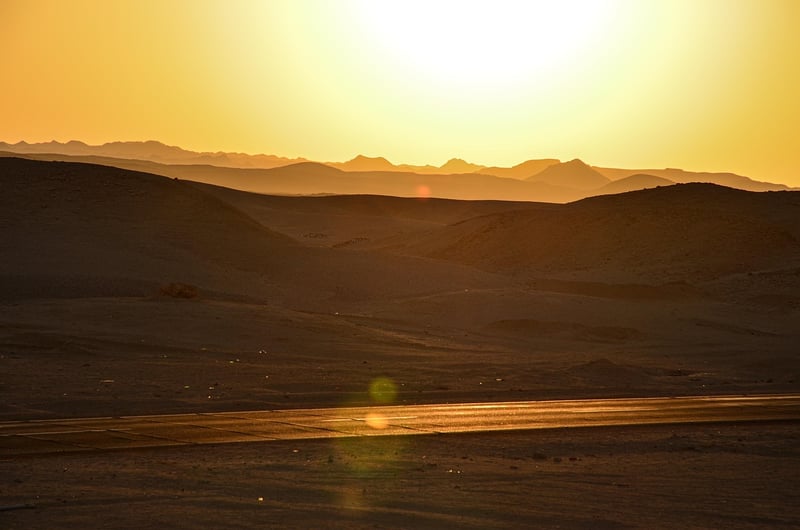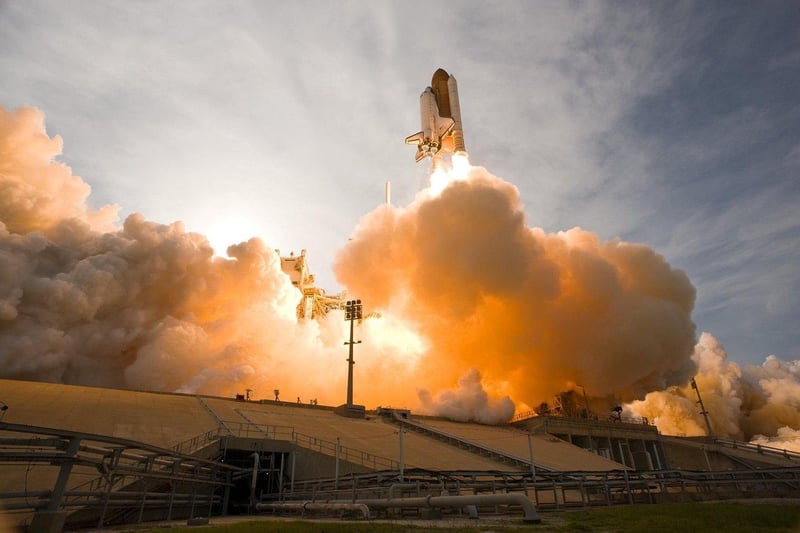Future Exploration
Exploring Different Eras and Future Exploration
Introduction
Exploring different eras and future exploration has always captivated the human spirit. From ancient civilizations to modern space travel, the journey of discovery has shaped our world in profound ways.
Ancient Era
During ancient times, exploration was often driven by curiosity and a thirst for knowledge. Civilizations like the Egyptians, Greeks, and Romans embarked on expeditions to expand their empires and seek new resources. The Phoenicians, known for their seafaring skills, explored the Mediterranean and beyond, establishing trade routes that connected distant lands.

Age of Discovery
The Age of Discovery in the 15th to 17th centuries marked a significant period of exploration. Explorers like Christopher Columbus, Vasco da Gama, and Ferdinand Magellan set sail to find new trade routes and lands. This era led to the discovery of the Americas, opening up a new chapter in global history.

Modern Exploration
In the modern era, exploration has extended beyond our planet. Space exploration has seen humans land on the moon, send probes to distant planets, and build space stations in orbit. Organizations like NASA and SpaceX continue to push the boundaries of what is possible in space.

Future Exploration
The future of exploration holds exciting possibilities. Advancements in technology, such as artificial intelligence and robotics, are enabling us to explore new frontiers. Plans for missions to Mars, asteroid mining, and deep-sea exploration are on the horizon, promising to expand our understanding of the universe.

Conclusion
Exploration has been a driving force in human history, pushing the boundaries of what we know and inspiring us to reach for the stars. As we look back on the different eras of exploration and forward to the future, one thing remains constant – the human spirit of curiosity and discovery.
Let's continue to explore, discover, and shape the world around us.
